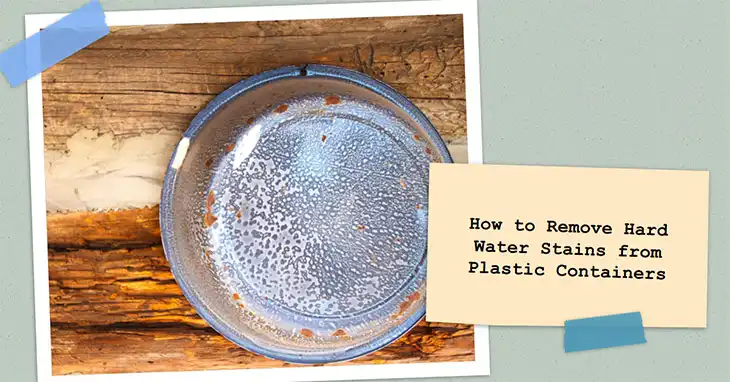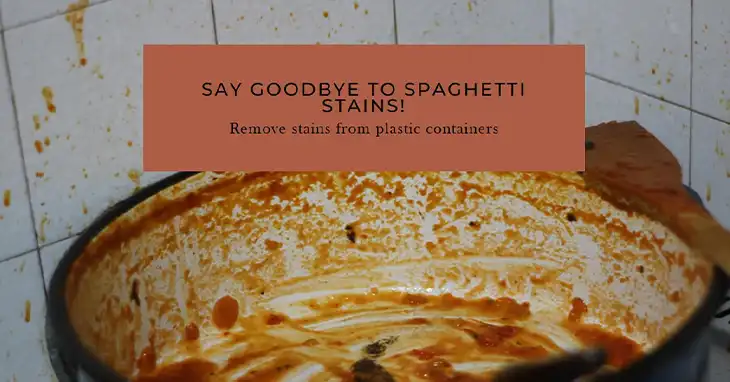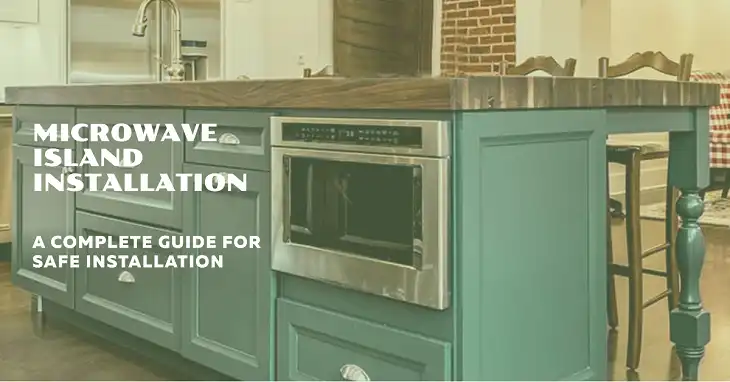How to Remove Hard Water Stains from Plastic Containers
Hard water stains can be a frustrating problem when it comes to maintaining plastic containers. These stubborn mineral deposits form when water evaporates, leaving behind calcium and magnesium residues. This article will guide you through effective methods to remove hard water stains, restore the original look of your containers, and provide maintenance tips to prevent future staining.
Summary: The easiest way to remove hard water stains from plastic containers involves using household items like vinegar, baking soda, and lemon juice. This step-by-step guide will explain how to use each of these ingredients effectively.

Why Do Hard Water Stains Form on Plastic?
Hard water stains on plastic are typically caused by the accumulation of minerals such as calcium, magnesium, and other compounds present in tap water. These minerals build up over time, leaving cloudy or white patches on the container surface. Although not harmful, these stains can make your containers look unsightly and impact their usability.
Common Household Items to Remove Hard Water Stains
1. Vinegar Solution
Materials Needed:
- 1 cup of white vinegar
- 2 cups of warm water
- A soft sponge or cloth
Step-by-Step Instructions:
- Mix the Solution: Combine 1 cup of white vinegar with 2 cups of warm water.
- Soak the Container: Pour the solution into the stained container and let it sit for 15–30 minutes.
- Scrub Gently: Use a soft sponge to scrub the stained areas.
- Rinse Thoroughly: Rinse with clean water and dry the container with a soft cloth.
Tip: If the stains are particularly stubborn, try warming the vinegar before use.
2. Baking Soda Paste
Materials Needed:
- 2 tablespoons of baking soda
- A few drops of water
- A soft-bristled toothbrush
Step-by-Step Instructions:
- Create a Paste: Mix baking soda with a small amount of water to form a thick paste.
- Apply to Stains: Use the toothbrush to apply the paste to the hard water stains.
- Let It Sit: Leave the paste on for 10–15 minutes.
- Scrub and Rinse: Gently scrub the stained areas, then rinse thoroughly.
Tip: Use a circular motion to scrub for better results.
3. Lemon Juice Treatment
Materials Needed:
- Fresh lemon juice (about ½ cup)
- Warm water
Step-by-Step Instructions:
- Mix Lemon Juice with Water: Combine ½ cup of lemon juice with 1 cup of warm water.
- Soak the Container: Pour the solution into the stained container and let it sit for 15 minutes.
- Rinse and Dry: After soaking, rinse thoroughly with water and dry the container.
Tip: Lemon juice not only removes stains but also adds a fresh scent.
Using Commercial Cleaners for Hard Water Stains
If household items aren’t strong enough, you may need to use a commercial cleaner specifically designed for removing mineral deposits. Look for products that are safe for plastic and follow the manufacturer’s instructions carefully.
Recommended Cleaners:
- CLR (Calcium, Lime, and Rust Remover): Safe for most plastics and effective against tough stains.
- Bar Keepers Friend: This cleaner works well on hard surfaces and can be used with caution on plastics.
Safety Note: Always wear gloves and work in a well-ventilated area when using chemical cleaners.
How to Prevent Hard Water Stains on Plastic Containers
1. Use Distilled Water
Instead of regular tap water, use distilled or filtered water for cleaning plastic containers. This prevents mineral deposits from forming in the first place.
2. Dry Containers Immediately
After washing, dry your plastic containers with a soft, absorbent cloth instead of air-drying. This reduces the chance of water spots forming.
3. Regular Maintenance
Clean your containers weekly using a mild vinegar solution to keep hard water stains at bay.
4. Apply a Protective Coating
Use a food-safe silicone spray to create a protective layer on the plastic surface. This helps repel water and prevent mineral build-up.
FAQs
Can I use bleach to remove hard water stains from plastic containers?
No, using bleach is not recommended as it can degrade the plastic over time and leave toxic residues. Stick to safer alternatives like vinegar or baking soda.
Why does vinegar work so well for hard water stains?
Vinegar is acidic, which helps dissolve the alkaline minerals found in hard water stains, making it one of the most effective household solutions.
Are there any surfaces where vinegar or lemon juice should not be used?
Avoid using vinegar or lemon juice on polished or painted surfaces, as the acid can cause etching or dulling.
Can I use these methods on other kitchen items?
Yes, these methods work on most kitchen items like glass, ceramic, and even stainless steel, but always test on a small area first.
What if the hard water stains don’t come off?
If the stains persist, try repeating the process or use a stronger commercial cleaner like CLR. For older stains, you may need professional cleaning products.
Wrapping Up
By following these methods, you can restore your plastic containers to their original clarity and keep them stain-free in the future. Using natural solutions like vinegar, baking soda, and lemon juice is not only effective but also environmentally friendly, making it a great choice for regular maintenance.



